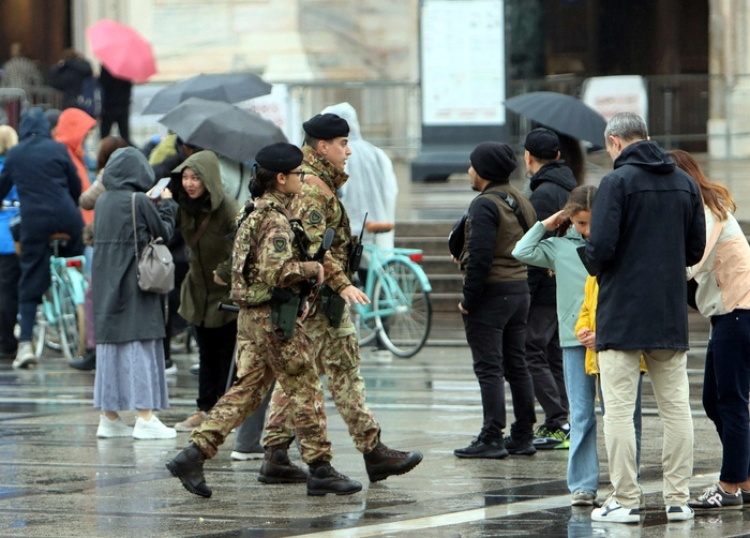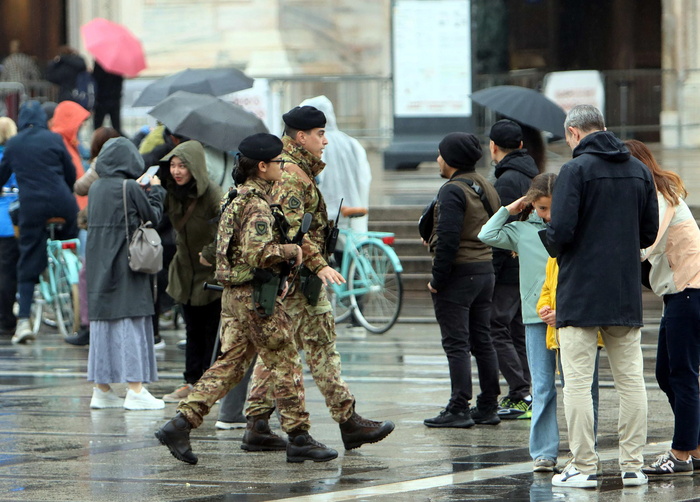“Threats must always be taken very seriously, because in the past there have been cases of individuals who entered Italy illegally participating in terrorist attacks,” Angelosanto said on the sidelines of a conference at Rome’s San Camillo hospital.
“We must not create alarmism. These issues must be addressed carefully.
“We have efficient police structures that are able to perceive the risk, in which case the level of attention is raised.”
Meanwhile, Deputy Prime Minister and Foreign Minister Antonio Tajani and Interior Minister Matteo Piantedosi said Thursday that Italy’s decision to suspend the Schengen Treaty and temporarily reintroduce controls at the border with Slovenia does not mean there is the threat of a terrorist attack here.
“We have only closed Schengen on the border with Slovenia to prevent terrorists who could strike in our country or in Europe from arriving through the Balkan route,” Tajani told Mediaset television.
“There are no indications that there is a risk of attacks, but we cannot lower our guard.
“On the contrary, we are raising it precisely because of the need for prevention and in order to protect sites, in particular those frequented by Jewish citizens.”
Prime Minister Giorgia Meloni said Wednesday that the “worsening situation in the Middle East and the increase in migratory flows along the Balkan route” made it necessary to suspend the Schengen Treaty.
It has emerged that the Tunisian Islamist who killed two Swedish people in Brussels this week previously had spells in Italy and reportedly entered EU via the Italian island of Lampedusa.
Piantedosi stressed that Italy’s decision to suspend the Schengen Agreement and introduce controls at its border with Slovenia was “temporary” and “proportionate”.
Speaking on the sidelines of the Internal Affairs Council, he said he had spoken to his Slovenian and Croatian counterparts and they would probably meet on November 2 in Trieste to discuss implementation.
“I presented the position of the Italian government, which is that of reassuring its citizens that there are no concrete signs of an imminent alarm,” Piantedosi said.
“However, the situation [in the Middle East] and the way in which these episodes [of terrorist attacks] occurred in Belgium and France lead us to maintain a high level of attention and that is what we are doing.”
ANSA











